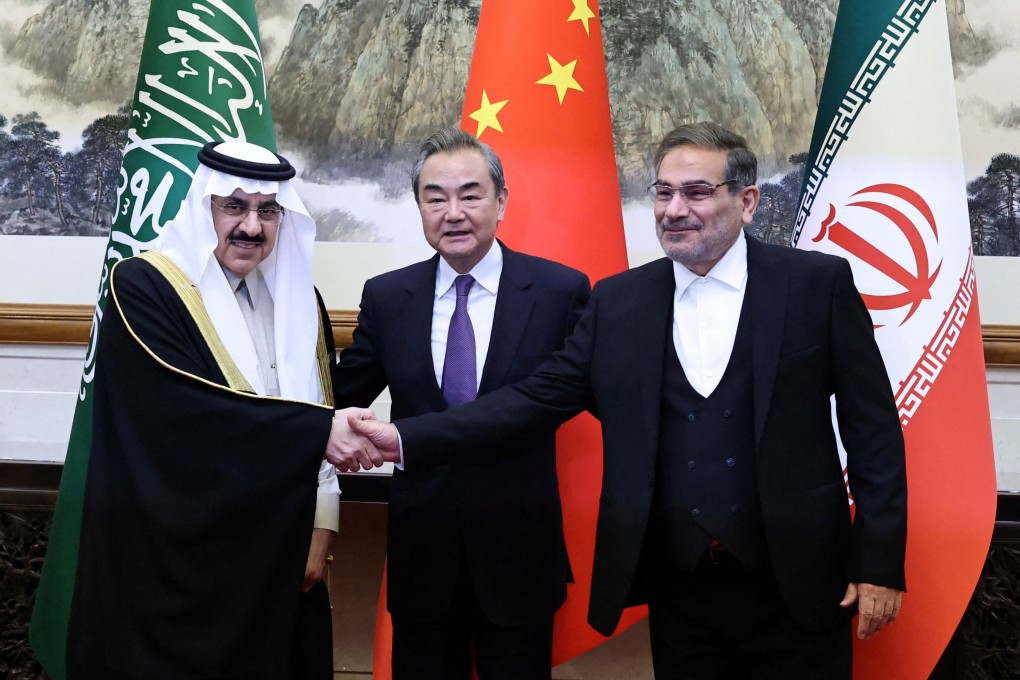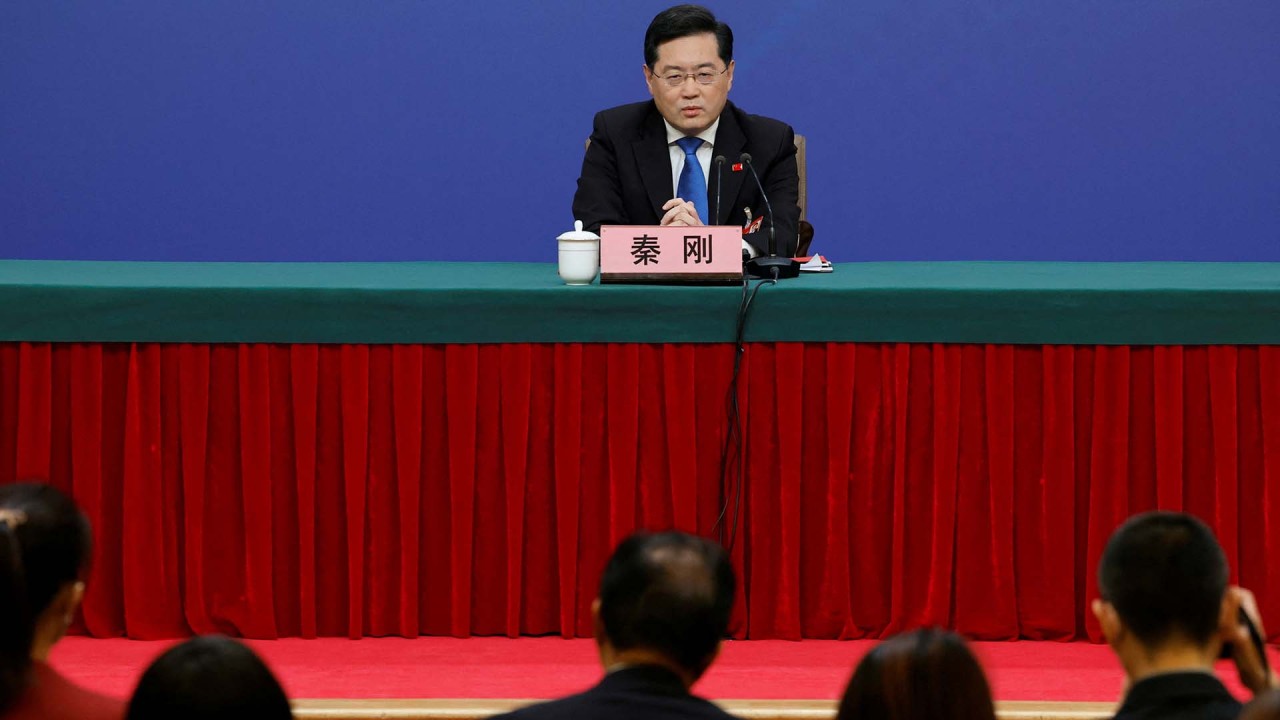Advertisement
As I see it | Mideast plan shows China’s diplomatic strength while foreign affairs reshuffle is filled with intrigue and surprises
- Observers and diplomats have voiced concerns about some promotions which were major departures from precedents and vaguely established criteria
- Lack of predictability and transparency in personnel appointments will hardly help Beijing boost plummeting morale in the diplomatic service
Reading Time:3 minutes
Why you can trust SCMP
5

China’s brokering of a landmark peace plan between Iran and Saudi Arabia last week is a much-needed diplomatic victory for Beijing and its new foreign policy team that was unveiled at the end of the “two sessions” meeting this week.
Beijing has seized the opportunity to stick a finger in Washington’s eye by showcasing its diplomatic prowess in the Middle East, where America’s role as a security provider is under question.
However, much remains to be done to counter US-led “all-round containment, encirclement and suppression”, as Chinese President Xi Jinping put it last week, amid worrying signs that many of China’s neighbours – including the Philippines, India, South Korea and Australia – are leaning towards Washington for their security.
China’s biggest diplomatic shake-up in over a decade, which began more than two years ago and was wrapped up on Sunday after the unveiling of a new State Council, the mainland’s cabinet, has been full of intrigue and surprises.
In the lead-up to this year’s National People’s Congress annual session, there was speculation that former foreign minister Wang Yi would be named vice-premier after being elevated last year to the Politburo, the Communist Party’s top echelon of power.
Defying an unwritten age limit of 68 for party elites, Wang, 69, then a state councillor, was retained and became Xi’s top foreign policy aide, replacing Yang Jiechi, 72, who had been the country’s most powerful diplomat in nearly a decade.
Five years ago, Yang, a US expert and also a state councillor-turned-Politburo member, was rumoured to be up for appointment as China’s first vice-premier overseeing foreign policy issues since Qian Qichen stepped down in 2003.
Advertisement

